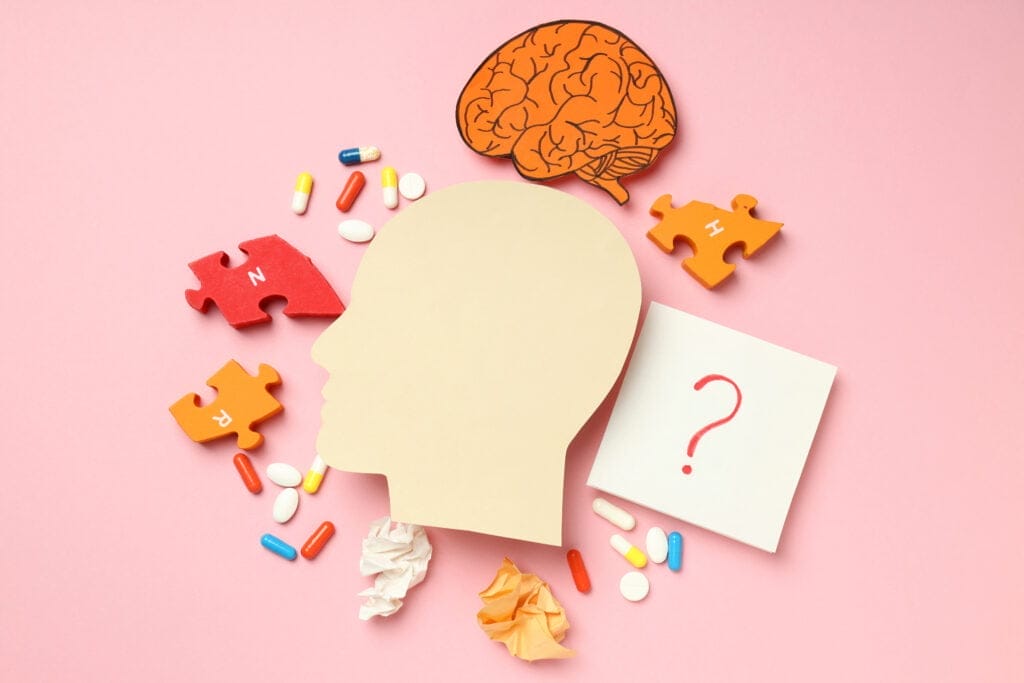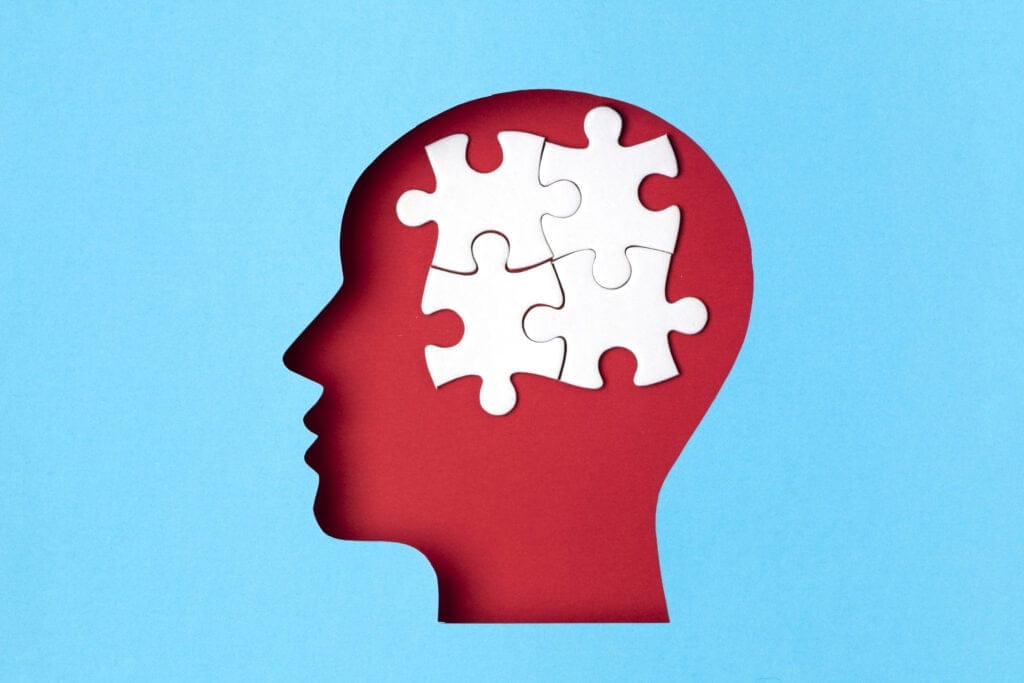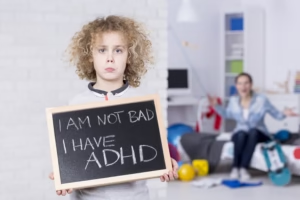In this week’s podcast episode with Sheree Morgan, the superstar host of the Acceptance Path Podcast, we delved deep into my (AJ’s) background and mission. We will uncover the flaws and unresolved issues that are deeply embedded in the field of mental health.

Two mental health experts have joined forces to make an uplifting podcast about well-being and personal growth. We use this show to share fresh and sometimes eye-opening ideas, helping listeners create a more fulfilling life. We’re not pushing any one viewpoint – instead, we’ll bring in guests from all walks of life to expand our understanding of the world. Come along with us as we explore different outlooks together.
Let's join the two controversial yet wise licensed mental health counselors as they explore topics that might get them blacklisted from the mental health industry. AJ Huynh, the co-host of the podcast, has the determination to shift the overall direction of the industry, seeking an alternative for a wonderful yet flawed system that every clinician has to adhere to. He feels unease and is motivated to make a difference. Check out what he has to say!

As a counselor with a background in biochemistry, I’ve long been fascinated by the intersection of physical and social sciences in the field of mental health. This unique perspective has led me to question some of the fundamental assumptions in our field, particularly regarding the cause of mental illness and how we diagnose and treat it. At the heart of this debate lies the Diagnostic and Statistical Manual of Mental Disorders (DSM), long considered the gold standard for mental health professionals.
The DSM Dilemma: Science vs. Consensus
One of my primary concerns with the DSM is its lack of scientific rigor in determining the cause of mental illness. As I delved deeper into the research methodologies behind the manual, I discovered a troubling reality: many of the diagnostic criteria are not based on objective evidence or biomarkers, but rather on the consensus of a group of professionals.
“There’s no objective or scientific evidence being provided,” I explain. “The threshold of, oh, if this person meets five out of nine symptoms, who determined the five? That’s not based on any sort of science.”
This subjective approach to diagnosing mental illness can lead to potential issues with validity and reliability. I liken it to a “cult” mentality where a group of people agree on ideologies without substantial scientific backing. This raises serious questions about whether the DSM truly captures the underlying cause of mental illness or if it’s simply codifying subjective observations.

The Internal Experience Trap & Cause of Mental Illness
Another criticism I have of the DSM is its heavy focus on internal experiences at the expense of external factors and behaviors. I argue that this approach fails to consider the full context of a person’s life and may lead to ineffective treatment strategies.
“They put too much emphasis on the internal experience,” I state. “Our whole field is about the internal experience, the uncomfortable feelings and thoughts. But there’s more to that dimension than just internal experience.”
By fixating primarily on symptoms and subjective experiences, the DSM may overlook crucial environmental, social, and behavioral factors that contribute to the cause of mental illness. This narrow focus can potentially lead to treatments that address symptoms without tackling the root causes of mental health issues.

The Danger of Symptom-Focused Treatment
I warn that an overreliance on the DSM and its symptom-based approach can lead to treatments that prioritize short-term relief over long-term growth and resilience. I argue that constantly trying to eliminate uncomfortable feelings may actually be counterproductive.
“The thing about when you try to get rid of the uncomfortable…the emphasis is the end of a treatment, how a treatment is doing, what a person is doing well is they feel better,” I explain. “It kind of pushed this agenda of, oh, getting rid of the uncomfortable. That itself is extremely detrimental for people in the long term.”
This perspective challenges the notion that the primary goal of mental health treatment should be to eliminate all negative emotions. Instead, I suggest that learning to cope with discomfort and channel it productively may be more beneficial in addressing the true cause of mental illness.
Embracing Discomfort for Growth
Rather than viewing uncomfortable emotions as symptoms to be eliminated, I propose a radical shift in perspective. I encourage both clinicians and clients to see discomfort as a natural part of life and an opportunity for growth.
“Can you imagine life where you only feel happy all the time?” I ask rhetorically. “It becomes the new normal. You no longer feel happy anymore because happiness is about what the peak, but in order for a peak to exist, there must be a down.”
This approach aligns with philosophies that emphasize accepting difficult emotions rather than struggling against them. By reframing the cause of mental illness as not the presence of negative emotions, but rather the inability to cope with them effectively, I open up new avenues for treatment and personal growth.

The Importance of Behavior and Context
Instead of focusing solely on internal experiences, I advocate for a more holistic approach that considers behavior and life context when addressing the cause of mental illness. I introduce the concept of pragmatism in therapy, which emphasizes understanding the utility and function of thoughts, feelings, and behaviors.
“Pragmatism is about understanding the utility of a choice, of something,” I explain. “Whereas it has to be applicable. To be in use of how you want to turn out.”
This approach encourages clients to examine their behaviors and choices in light of their long-term goals and values, rather than simply trying to feel better in the moment. By shifting the focus from symptom reduction to behavior change and life improvement, I believe we can more effectively address the true cause of mental illness and promote lasting well-being.
Alternatives to the DSM
While critical of the DSM, I acknowledge its usefulness in certain contexts. However, I also point to alternative frameworks that may offer a more comprehensive understanding of mental health. One such alternative is the Research Domain Criteria (RDoC) developed by the National Institute of Mental Health.
“It’s a framework that aims to understand mental disorders based on dimensions of observable behavior and neurobiological measures,” I explain. This approach seeks to ground our understanding of the cause of mental illness in more objective, measurable criteria rather than subjective symptom checklists.
By exploring alternatives like the RDoC, mental health professionals may be able to develop more nuanced and scientifically rigorous methods for diagnosing and treating mental health issues. This could lead to more personalized and effective interventions that address the root cause of mental illness rather than just managing symptoms.

The Future of Mental Health Care
As the field of mental health continues to evolve, I see both challenges and opportunities ahead. I warn that the current system, built on what I view as a shaky foundation, may face increasing strain as more people seek mental health services.
“The mental health field is expanding and I’m super glad about the movement, the mental health awareness, everybody’s doing a darn great job,” I note. “But then now we have all these people coming in…Most government agencies don’t have enough mental health resources. There’s not enough mental health counselors out there.
To address these challenges and truly tackle the cause of mental illness, I advocate for a paradigm shift in how we approach mental health:
- Focus on long-term outcomes rather than short-term symptom relief
- Embrace discomfort as a natural part of growth and change
- Consider behavior and life context, not just internal experiences
- Question the utility and function of thoughts, feelings, and behaviors
- Explore alternative frameworks for understanding mental health beyond the DSM
By adopting these principles, I believe mental health professionals can provide more effective, holistic care that addresses the root cause of mental illness and promotes lasting well-being.
Practical Applications in Therapy
In my own practice, I’ve found that incorporating these principles can lead to more effective and meaningful therapeutic outcomes. For example, when working with clients who engage in self-harm, I focus on understanding the function of the behavior rather than simply trying to eliminate it.
“I don’t really entertain the client’s content,” I explain. “Oh, I have thoughts of self-harm. So… a different… counselor that doesn’t have the same approach that will really dig into the self-harm. For me, it’s about, Oh, what is the function of it?”
By shifting the focus to the underlying cause of mental illness and the function of behaviors, I help clients develop more effective coping strategies and work towards their long-term goals.
I recently wrote an article on exploring how to use the way of thinking and apply it to our thoughts. This enables us to see reality for what it is rather than being blinded by the content of the thoughts or words. If you’re interested, click here to learn more.

The Role of Self-Disclosure in Therapy
Contrary to traditional teachings that discourage self-disclosure in therapy, I’ve found that judicious use of personal experiences can be a powerful tool in helping clients understand and apply therapeutic concepts.
“I personally find self-disclosure is one of the most effective, especially when it comes to sharing stories of how to integrate a specific technique,” I share. By demonstrating how I’ve applied these principles in my own life, I can help clients see the practical applications and potential benefits of these approaches.
A Call for Critical Thinking
As the debate around the DSM and the cause of mental illness continues, I encourage both professionals and the public to think critically about mental health diagnoses and treatments. I advise:
“If you got a diagnosis, hold it, but don’t hold it too close…Observe what the function, the purpose is. What’s the utility? If holding on to this diagnosis too close helps you towards where you want to go, towards a life worth living? If it doesn’t, then it has no utility. It’s not pragmatic.”
By questioning the established norms and seeking more comprehensive, scientifically-grounded approaches to mental health, we may be able to develop more effective strategies for addressing the true cause of mental illness. This shift in perspective could lead to more personalized, holistic treatments that empower individuals to not just manage symptoms, but to build rich, meaningful lives despite the challenges they face.

Conclusion: A Path Forward
As we continue to explore and debate the complexities of mental health, it’s clear that our understanding of the cause of mental illness is still evolving. By remaining open to new ideas and approaches, we can work towards a future where mental health care is more effective, accessible, and truly transformative for those who need it most.
The journey towards better mental health care is not an easy one, but it’s a necessary and worthwhile endeavor. As I often remind my clients, “Can you think of anything that’s worth having in a life that’s easy to come by?” By embracing the challenges and complexities of mental health, we can create a more nuanced, effective, and compassionate approach to addressing the cause of mental illness and promoting overall well-being.
If you’re interested in exploring more of content, check out our podcast and blog page to learn more. Click here to check out other episodes. Click here to read more articles.



